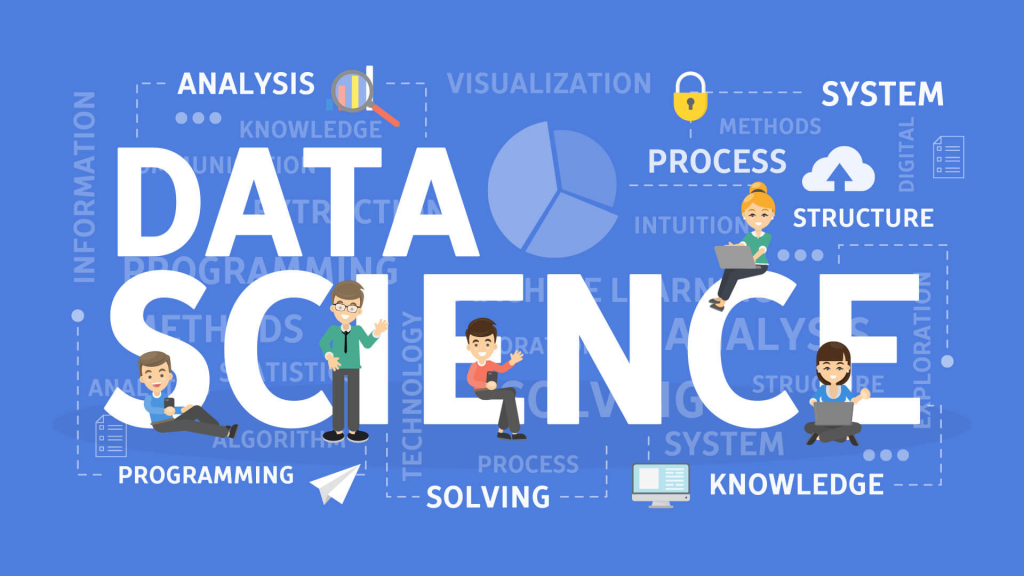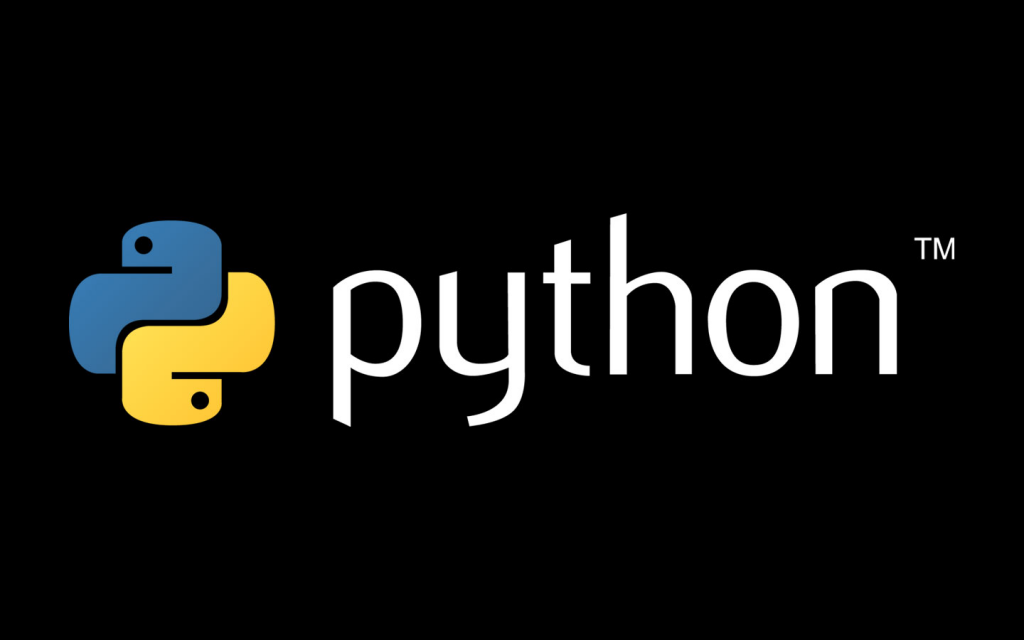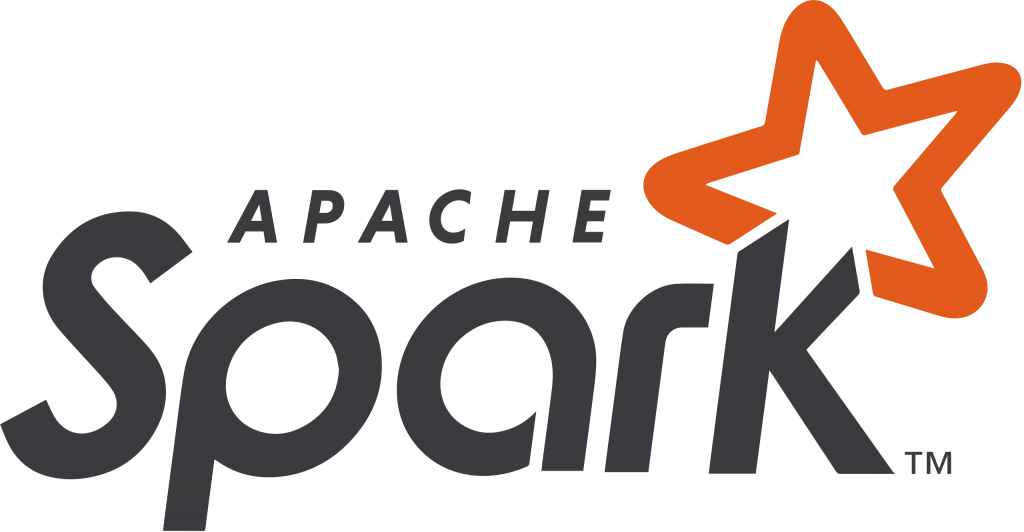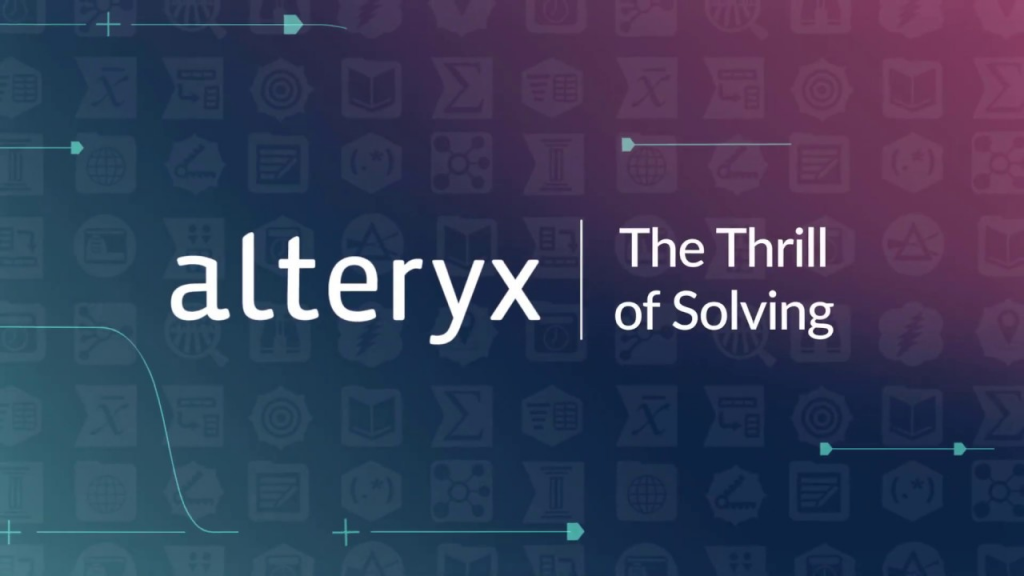
As a data scientist, you need the right tools to get the job done. With so many data science platforms available, it can be hard to know where to start. In this article, we’ve compiled a list of the top data science platforms to help you make an informed decision.
What is a Data Science Platform?
Before we dive into the list of platforms, let’s define what we mean by a data science platform. A data science platform is a software tool that provides a suite of tools and features to help data scientists perform their work. These platforms can include tools for data cleaning, data visualization, machine learning, and more.
The Top Data Science Platforms
- Python

Python is a high-level programming language that is interpreted, object-oriented, and has dynamic semantics. It has a variety of libraries and frameworks that make it easy to perform data analysis and machine learning tasks. Some popular libraries include NumPy, Pandas, and Scikit-learn.
2. R
R is a programming language and software environment for statistical computing and graphics. It has a wide variety of packages for statistical analysis, data manipulation, and visualization. Some popular packages include ggplot2, dplyr, and tidyr.
3. Jupyter
Jupyter is an open-source web application for creating and sharing documents that contain live code, equations, visualizations, and narrative text. It supports a wide range of programming languages, including Python, R, and Julia.
4. Apache Spark

Apache Spark is an open-source distributed computing system designed for big data processing. It includes support for data processing, machine learning, and graph processing.
5. IBM Watson Studio
IBM Watson Studio is an integrated development environment (IDE) designed specifically for data scientists. It includes tools for data preparation, model building, and deployment. It also has built-in integration with other IBM Watson services, such as natural language processing and speech-to-text.
6. Microsoft Azure Machine Learning Studio
Microsoft Azure Machine Learning Studio is a cloud-based platform for building, testing, and deploying machine learning models. It includes a drag-and-drop interface for building models, as well as support for Python and R.
7. Google Cloud Platform
Google Cloud Platform is a suite of cloud computing services that includes tools for data storage, processing, and analysis. It includes support for popular data science tools, such as TensorFlow and Apache Spark.
8. Databricks
Databricks is a cloud-based data science platform that allows users to easily manage and analyze large datasets using a variety of tools and languages, including Python, R, SQL, and Scala. It includes support for Apache Spark, as well as tools for collaborative notebook editing and data visualization.
9. Alteryx

Alteryx is a self-service analytics platform that includes tools for data preparation, blending, and analysis. It also includes support for machine learning and predictive analytics.
10. DataRobot
DataRobot is an automated machine learning platform that includes tools for data preparation, feature engineering, and model building. It also includes a drag-and-drop interface for building models and support for popular programming languages such as Python and R.
Conclusion
There are many data science platforms available, each with its own strengths and weaknesses. When choosing a platform, it’s important to consider your specific needs and requirements. We hope this list has helped you find the right platform for your data science work. Happy modeling!
- Why Can’t I Make Create A New Folder on External Drive on Mac – Solved - April 28, 2024
- Tips on How to Become a DevOps Engineer - April 28, 2024
- Computer Programming Education Requirements – What You Need to Know - April 28, 2024

